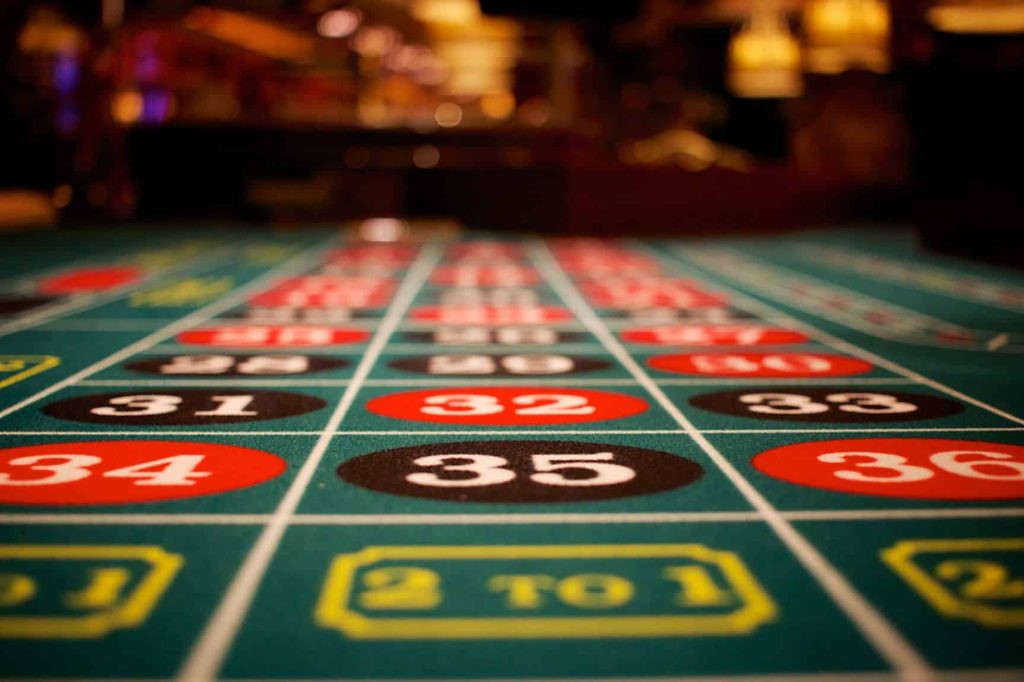Gaming has developed from a niche passion to a worldwide ethnic sensation, encompassing a diverse variety of tools, genres, and communities. The development of gambling devices, from the first days of pixelated graphics to the cutting-edge technologies of nowadays, reflects the industry’s continuous quest for innovation. Consoles, PCs, and mobile phones have become gateways to electronic realms that captivate participants with gorgeous looks, complicated storylines, and immersive gameplay experiences. The increase of esports has more raised gambling right into a spectator game, with professional players and prepared tournaments pulling significant audiences, equally on line and in bodily arenas.
Esports, specifically, has changed into a billion-dollar industry, showcasing the aggressive heart inherent in gaming. Titles like League of Legends, Dota 2, and Counter-Strike: World wide Offensive order global readers, with devoted fan basics promoting a common groups and players. The merging of conventional activities and gambling is evident in the generation of esports leagues and partners between gambling companies and major sports franchises.
The social part of gambling is a defining quality of the culture. Online multiplayer activities have developed virtual towns where people from around the globe can join, collaborate, and compete. Gaming platforms like Twitch have turned gaming in to an application of entertainment, with participants live-streaming their gameplay and interesting with readers in real-time. This relationship has blurred the lines between designers and consumers, fostering an expression of community and camaraderie.
Gaming’s impact runs beyond entertainment, influencing numerous aspects of popular culture. People from video games are becoming national icons, and franchises like Mario, Lara Croft, and Grasp Fundamental are recognized globally. The storytelling ability of activities has achieved cinematic levels, with narratives that rival those present in movies and literature. Games such as for example The Last of People, Red Useless Redemption 2, and Ultimate Imagination series are lauded due to their convincing storytelling and mental depth.
The industry’s grasp of emerging systems, such as virtual reality (VR) and augmented truth (AR), has opened new frontiers in gaming experiences. VR immerses players in lifelike situations, while AR overlays digital things onto actuality, producing involved and revolutionary gameplay. These systems promise to revolutionize the way participants engage with and experience games.
Gaming’s impact on different areas, including knowledge, emotional wellness, and technology, is becoming significantly evident. Gamification has been used to create understanding more engaging, and serious activities undertake real-world issues while providing entertainment. Reports also explore the healing benefits of gaming, with some games made to ease tension, improve cognitive features, and foster social connections.
The gaming industry’s social responsibility is under scrutiny, particularly regarding 2up issues such as for instance inclusivity, range, and representation. Attempts are increasingly being created to generate more inclusive places within the gambling neighborhood, approaching sexuality and social diversity. Designers are getting more conscious of the affect their games have on culture and are positively working to create more varied and consultant content.

Because the gaming market continues to evolve, it encounters problems such as for instance moral concerns, sustainability, and the balance between immersive activities and the well-being of players. Nevertheless, the national significance and economic influence of gambling can’t be denied. It has become a dynamic and multifaceted kingdom, shaping how people connect, eat entertainment, and connect to technology. As the industry navigates these problems, gambling remains a robust power that connections the electronic and actual worlds, shaping just how we play, connect, and knowledge stories.…














